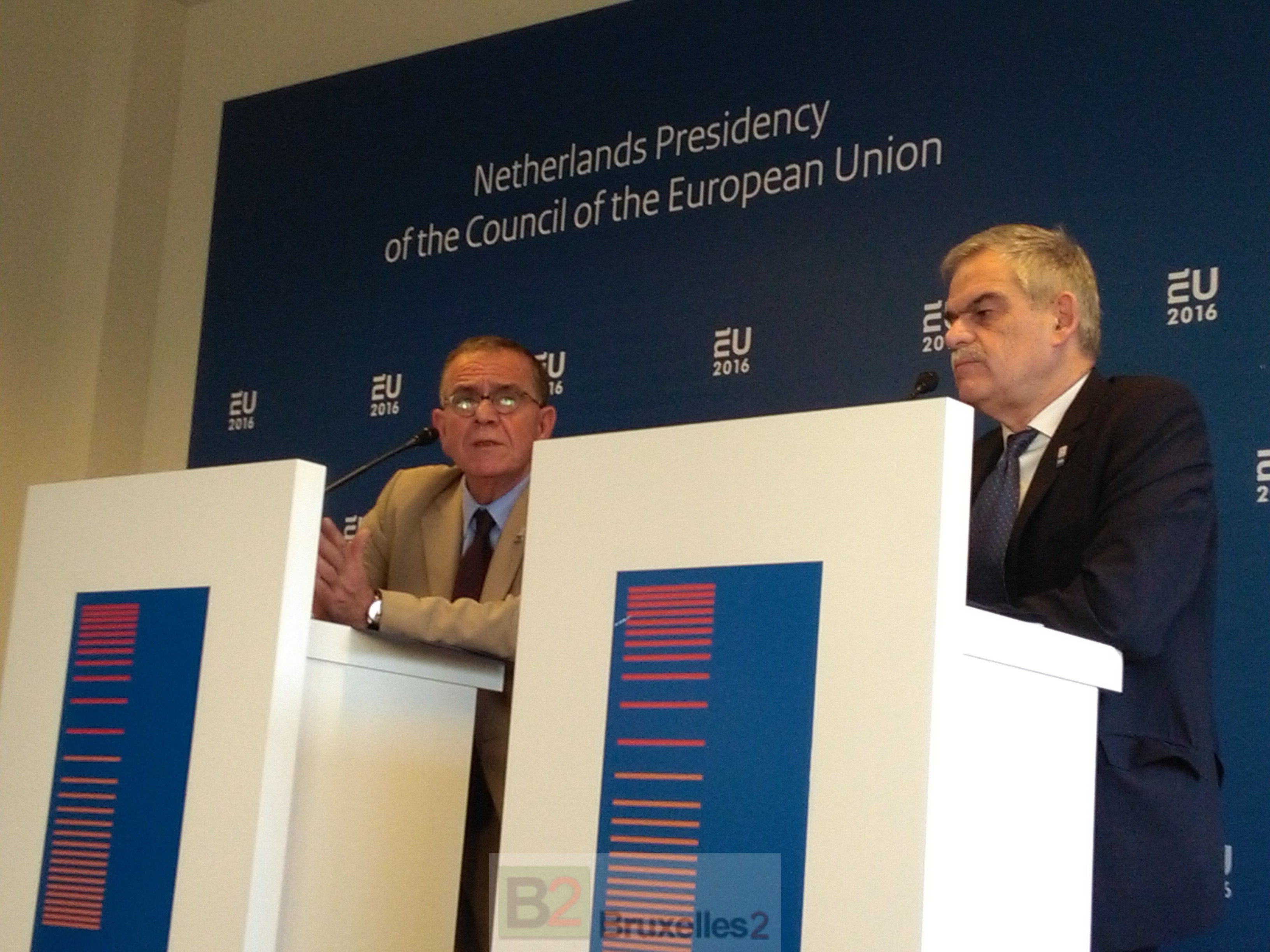Lahti Summit. Europe awaits its common immigration policy
(Archives) The 25, at the request of Spain, France and Italy, will in particular look into immigration issues. An issue on which Europe has made great progress...
If there is one sector where Europe has not remained inactive, it is asylum and immigration. Since the summit in Tampere (Finland) in October 1999, some twenty European laws have been adopted: on family reunification, the right of residence for foreigners, the examination of asylum applications, temporary (humanitarian) protection, the granting of visas to victims of trafficking, the joint organization of expulsions, etc. So much so that, at the end of 2004, the 25 decided to abandon their right of veto on certain subjects: asylum, illegal immigration, and visas. Only legal immigration and criminal and judicial cooperation, which are more sensitive, remain in fact subject to the right of veto. The challenge of the discussions in Lahti, which will last several months, is to adopt a more democratic mode of decision-making, where the European Parliament and the Court of Justice in particular will have their say. It is also a question of rediscovering a certain political momentum and adopting a new agenda. The context has changed, as a French diplomat explains. " Take France, since the signing of a “Schengen” agreement with Switzerland, our first land border is actually… in Poland ". The European Commission has also proposed a series of measures.
Asylum. The existing texts, it is more a question of… applying them. Practical cooperation must also be put in place between administrations to bring the asylum systems of the Member States closer together. A common country database could be created on countries.
Immigration. The priority is to improve the exchange and coordination of available information on immigration. Then, we must generate more solidarity between Member States. A notion that worries the “payers” (Germany, Netherlands, Nordics, etc.).
Borders. The idea is to secure the external borders, for example by introducing electronic management (“e-borders”) based on intelligence, and by creating an automated entry-exit system. Rapid border intervention teams could also be created and deployed in a country that has to deal with a sudden influx of migrants. Common maritime launches could see the light of day.
Integration. Several legislative proposals on the conditions of entry and residence of economic migrants will be made. Objective: to define the fundamental rights of legal migrant workers and to provide specific regimes for certain workers: seasonal, highly qualified, employed within their company and trainees.
Back. Agreements could be made with the host countries of immigration in order to take back “their” illegal immigrants (Morocco, Algeria, Mali, Mauritania, etc.) and reintegrate them. Co-development has become the buzzword. A joint conference between Africans and Europeans will be organized in Tripoli (in Libya) in November. Symbolic…

